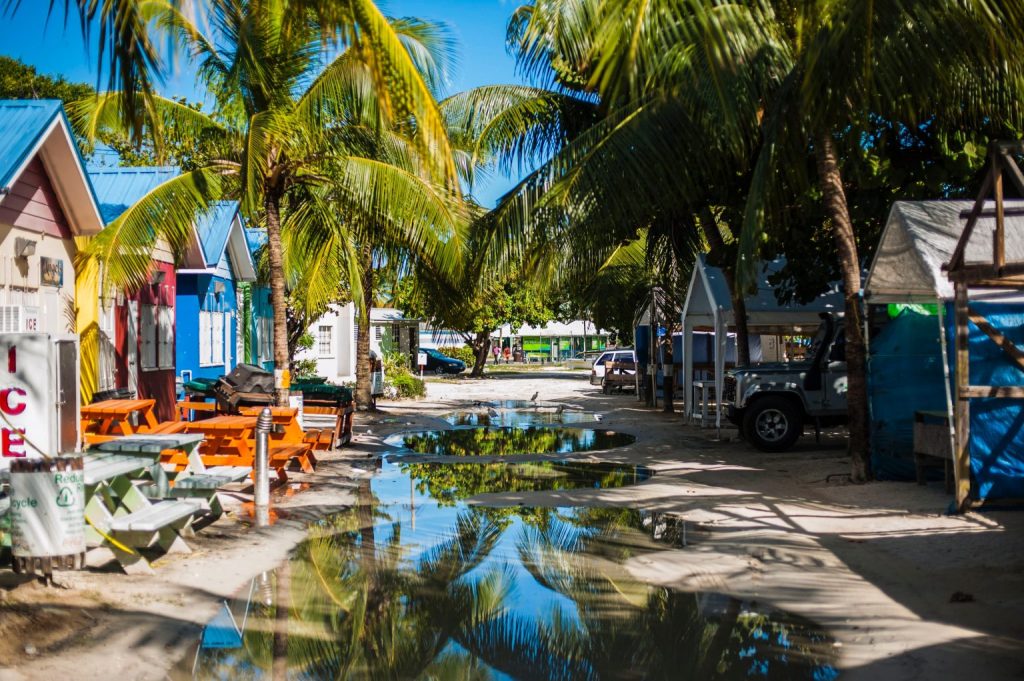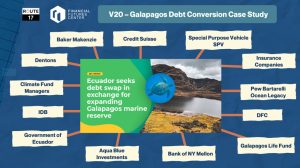The 6th Assessment Report of the Intergovernmental Panel on Climate Change (IPCC) underscored that climate impacts will be significant and differ widely across countries, with developing economies far more exposed to the negative impacts of chronic and acute physical risk. Beyond climate physical risks, countries can also be negatively affected by a disorderly introduction of climate policies and regulations, known as transition risks. In particular, countries in the Caribbean region, and among them Barbados, are a good example of climate risk exposure and vulnerability as well as challenges to accessing and deploying climate finance.
Barbados is highly exposed to climate physical risks, notably hurricanes, sea level rise, droughts and resultant water scarcity. These impacts have negative effects on the economic and public finance through lower tax revenues and could potentially lead to higher sovereign borrowing costs. Tourism is also a main contributor to the gross domestic product (GDP) of Barbados, supported in particular by international tourists. Nevertheless, intercontinental air travel is a main contributor to greenhouse gas (GHG) emissions, and in all low-carbon transition scenarios, air travel emissions are subject to a large decrease – up to 90 percent by 2050. As a result, Barbados could then experience a sharp decline of incoming tourism, which in turn would negatively affect its economic performance and public finance. What is more, Barbados is highly dependent on oil as an energy source. The introduction of climate transition policies in Barbados to deliver on the Paris Agreement would require a reduction in the use of oil and a switch to renewable energy sources. Despite these potential impacts, little is known about the implications of climate risks on fiscal and sovereign risk.
A new technical paper from Régis Gourdel and Irene Monasterolo for the Task Force on Climate, Development and the International Monetary Fund assesses the macroeconomic, public finance and sovereign risk implications of both physical climate risks and transition spillover risks in Barbados using the EIRIN Stock-Flow Consistent behavioral model calibrated to the Barbadian economy.
Key findings:
- Barbados faces a potentially significant reduction in GDP due to transition spillover risk: up to 38 percent less in 2050, as a deviation from a business-as-usual path of tourism. GDP shocks, in turn, further weaken the debt-to-GDP ratio and sovereign debt sustainability.
- Implementing domestic climate policies may decrease GHG emissions by up to 75 percent, with economic costs smaller than that of unabated climate change. In response, the authors suggest that climate policies should be implemented early while actively planning for potential disruptions of the tourism revenues.
- Mitigating climate risks would benefit from economic diversification and tailored financial instruments that support debt sustainability.




